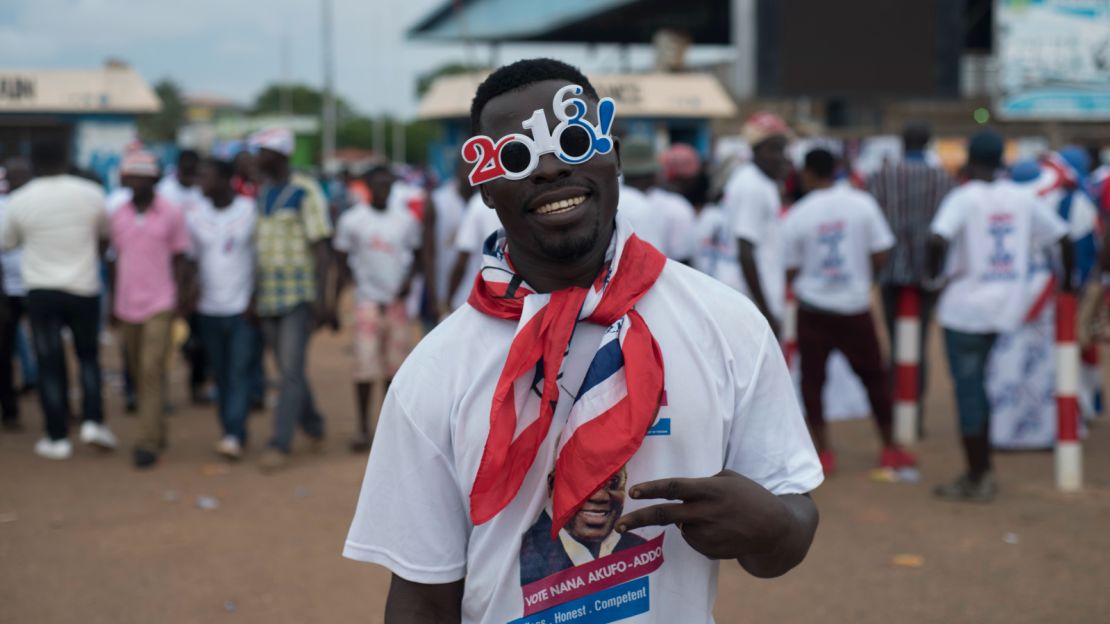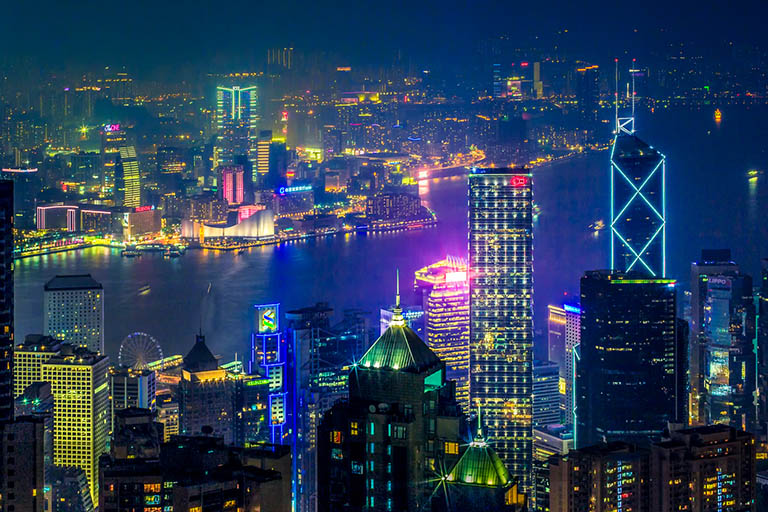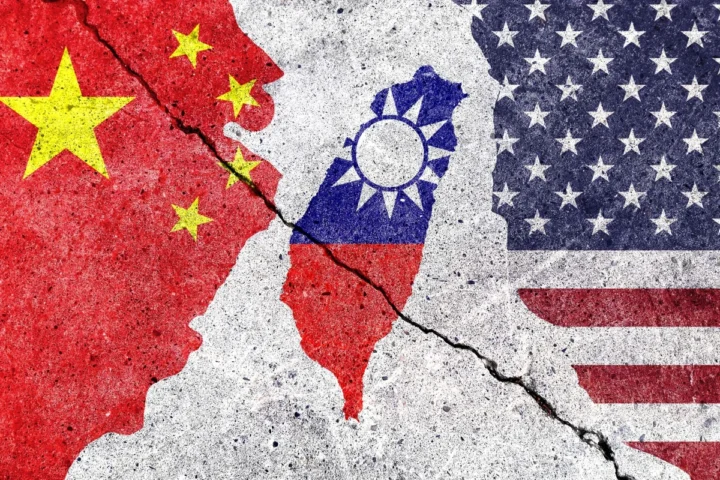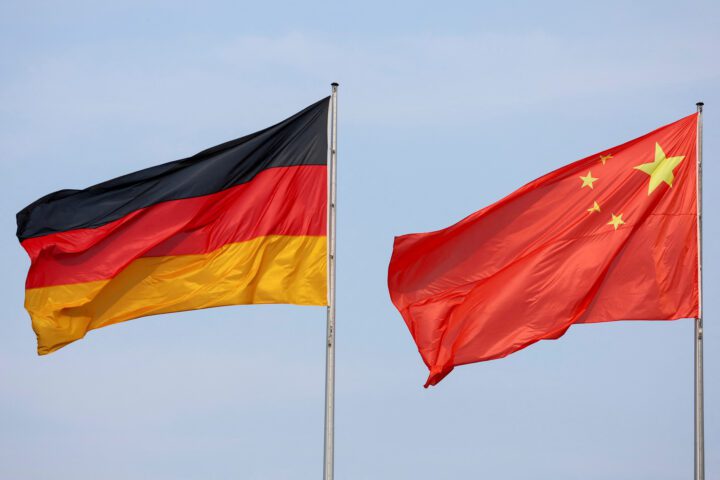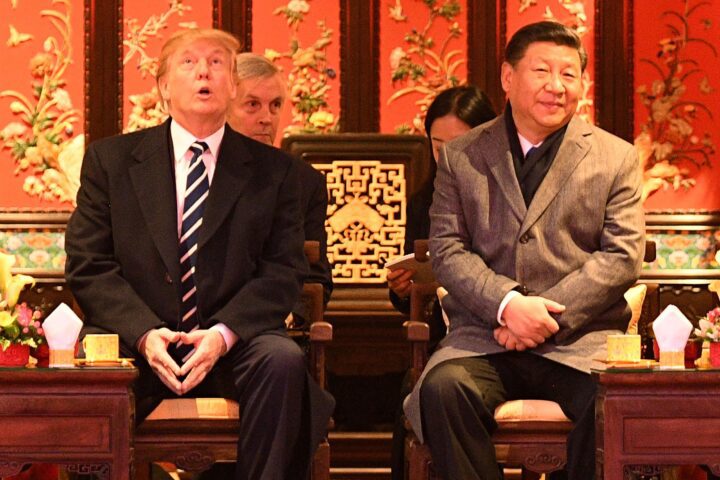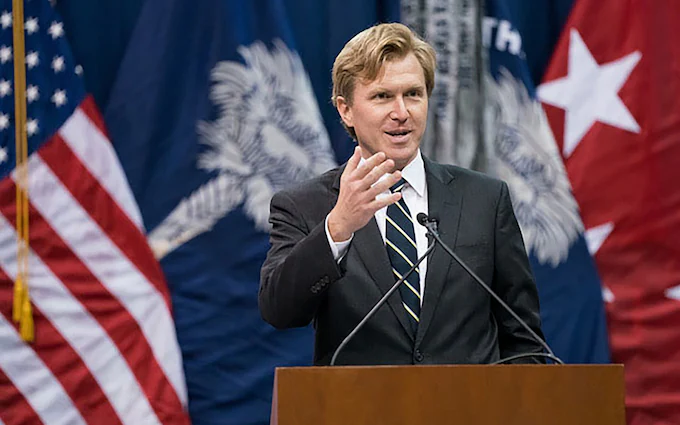As Ghanaians prepare to cast their votes on Saturday, the political landscape reflects a scenario that might seem strangely familiar to Americans. They face the choice of returning a one-term former president to office or elevating the incumbent vice-president to the country’s highest position. This comes at a time when anger over the state of the economy is widespread, and the need for effective leadership is more crucial than ever.
Ghana’s election presents a unique case study in African politics. It is a rare example of an African nation that has consistently preserved its democratic values, successfully transitioning power between competing parties without descending into post-election violence. This has earned Ghana a reputation as a beacon of stability in a region often fraught with political turmoil.
However, beneath this veneer of stability, tensions are simmering. A significant portion of the electorate is displeased with the current state of the economy, with issues such as high inflation, rising cost of living, and a weakening currency causing widespread concern. The outcome of the election will largely hinge on which candidate can convince voters that they have the right roadmap to economic recovery.
The contest is primarily between two candidates – the one-term former president, John Dramani Mahama, of the National Democratic Congress (NDC), and the current vice-president, Dr. Mahamudu Bawumia, of the New Patriotic Party (NPP). Both candidates represent the dominant political parties in Ghana and have previously held positions of power, offering the electorate a choice between experienced, familiar figures.
Mahama, who served as president from 2012 to 2016, is no stranger to economic challenges. His tenure was marked by a significant economic downturn, largely attributed to falling global commodity prices and fiscal mismanagement. His administration’s handling of these issues led to widespread dissatisfaction, contributing to his loss in the 2016 election. However, he remains a popular figure within his party and is banking on his experience and promises of economic reform to woo disillusioned voters.
On the other hand, Bawumia has served as vice-president since 2017 under the current president, Nana Akufo-Addo. His tenure has been marked by ambitious infrastructure projects and attempts to digitize the economy. However, the benefits of these initiatives have been slow to materialize, fuelling criticism that his government has prioritized grand projects over the immediate needs of ordinary Ghanaians.
Yet, his economic credentials remain strong. As a former deputy governor of the Bank of Ghana, Bawumia is known for his deep understanding of economics, a trait that could prove invaluable in navigating the country through the economic challenges it currently faces.
The Ghanaian election represents a critical juncture in the country’s political and economic trajectory. Voters are faced with a choice between two seasoned politicians, both of whom promise economic recovery but offer different strategies to achieve it. Regardless of who they choose, the task ahead is daunting – restoring economic stability while ensuring that the benefits of growth are equitably distributed.
The outcome of this election will not only determine Ghana’s immediate economic future but also send a clear message about what kind of leadership Ghanaians desire. It’s a decision that will reverberate far beyond the borders of this small West African nation, offering lessons on democratic resilience, leadership, and economic management in challenging times.
